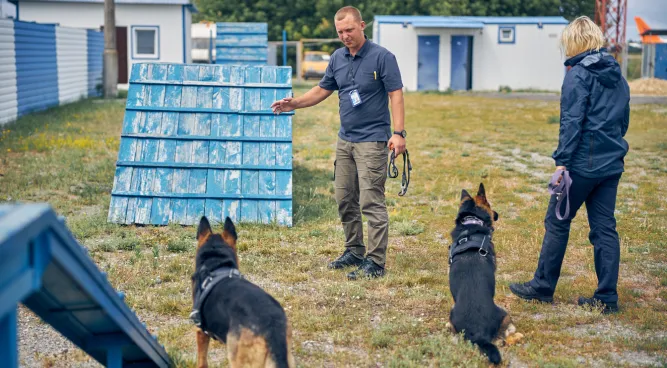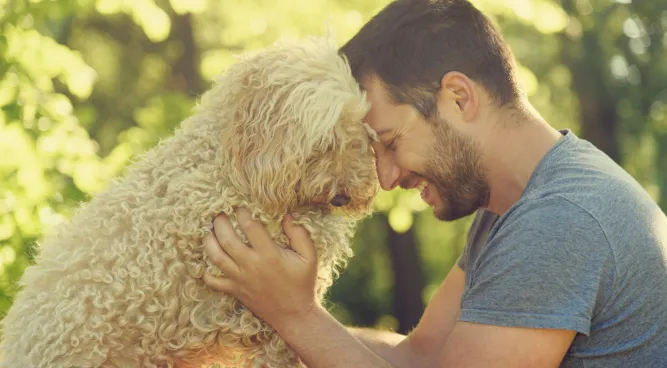5 Factors to Consider When Buying Puppies

Table of Contents
Whether you choose to buy a puppy or adopt one from a shelter, it’s important to consider your family’s needs and the puppy’s background. A healthy and happy dog is a pleasure to live with, while one who is sick or has a history of abuse can cause serious problems.
Size
When selecting a dog for your family, many factors must come into play. When you check puppies for sale, size, activity level, and even grooming needs are essential when searching for the perfect fur-ever friend. The Chow is a compact, powerful breed known for their lion’s mane ruff around the head and blue tongue. They are easy to train, incredibly loyal, and do well with children.
The Frenchie is another fan favorite. They’re patient with kids and other dogs and make great companions for first-time pet owners.
Health
Whether you’re looking for a furry playmate for your kids or a partner to walk and snuggle with, choosing a healthy dog is important. Watch for a healthy appetite, regular checkups and vaccinations, and parasite control.
The number one health concern veterinarians see in dogs is obesity. Excess weight leads to joint and bone problems, diabetes, heart disease, and more.
To ensure your pup is at a healthy weight, stand in front of them and touch their ribcage. You should be able to feel their ribs and a waist tuck under their coat. Obesity and underweight pets are both preventable with the right diet and exercise.
Training
Puppies need to be house-trained, socialized, and exercised daily. Having an adult dog with you or other household members willing to share responsibilities is important, as is puppy-proofing the home before your new pup arrives. Hide electrical cords, put away medications and chemicals, and keep houseplants out of reach.
Dogs are a lifelong commitment. Expect toilet mishaps, chewing of inappropriate objects, and a need for regular, daily walks in all weathers. Puppies also need entertainment and should have toys that don’t have buttons or strings that can be bitten off or have small parts that could become choking hazards.
Environment
The environment in which a dog lives affects his physical and emotional health. He must live in a dry, draught-free place that protects him from heat stress. He also needs a comfortable bed or kennel to rest and escape frightening things.
Dogs that experience an environment with lots of stimulation develop more nerve connections in their brains than those raised in a limited environment. This helps them adjust to new situations and make better decisions in the future.
Dogs are part of the human family and can teach children responsibility, compassion, and patience. However, some breeds are more suited to living with kids than others. Some dogs love tussling with children, while others become nippy and can endanger their safety or sense of security.
Personality
Owning a dog is a serious commitment. Your pet relies on you for everything, from food to play, and will require your time and attention to thrive. If you’re considering a dog, research to ensure you are ready for the responsibility and can meet their physical, emotional, and mental needs.
In general, look for an alert puppy (don’t confuse sleepiness with lethargy) with a shiny coat free from discharge and appears healthy – not too skinny or fat. Be careful of selecting a fearfully shy pup, as it may be difficult to change this trait. Your puppy will spend its entire life with you, so choose wisely!






